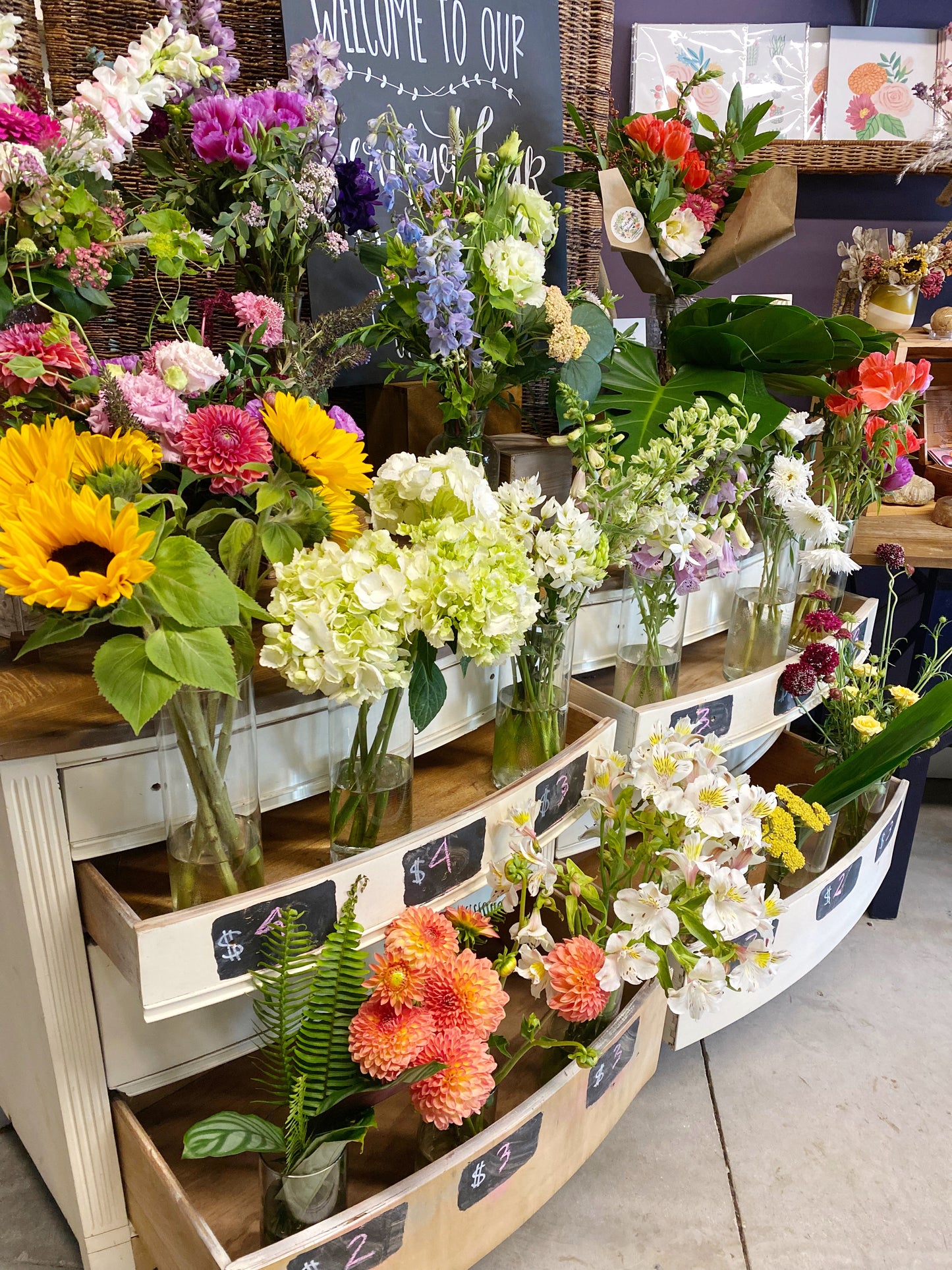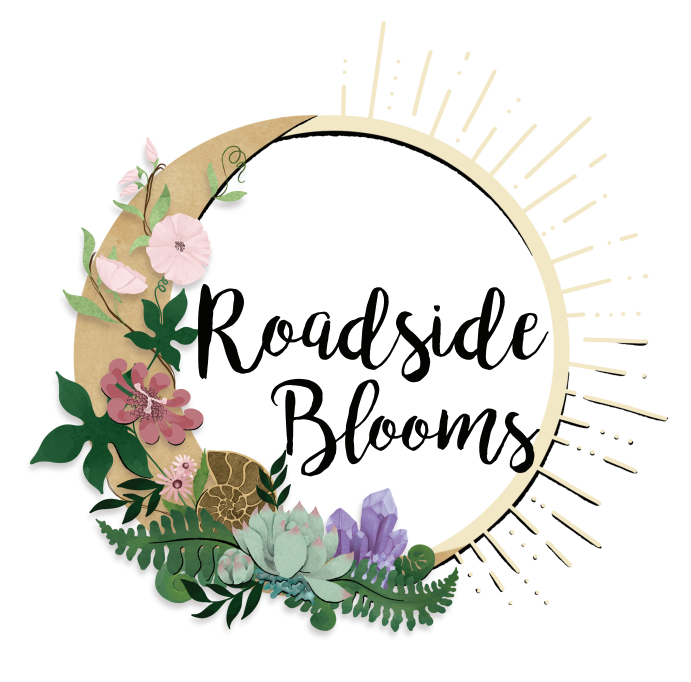

By Toni Reale
Consumers have increasingly paid close attention for years to where their food comes from, how it’s grown or raised, and even how it’s packaged. Certifications such as free-range, cage-free, non-GMO or organic, influence decisions at the supermarket. Many products include photos of farmers next to their products, tapping into an innate human desire to relate to the hands that grow food. Conscientious consumers are willing to pay a bit more for goods that match personal ethics. They often put their money where their values are. Local and regional sourcing designations on meat and produce often sweeten the attraction of a farm product
But ‘to know thy farmer’ should not stop at grocery products. Origin matters when it comes to flowers, too. Most consumers are not aware that beautiful, fragrant and whimsical miracles of nature can come with significant environmental and ethical baggage. More than 80 percent of all flowers sold in the United States that adorn everything from weddings and funerals to the kitchen table, are imported from countries with little to no environmental or labor laws. It’s hard to imagine the devastation that’s wrapped up in a traditional bouquet. I hope to shed light on the truth behind the flower trade and how to be a more conscientious consumer.

Beauty on the backs of low-wage laborers
The flower trade is a multi-billion dollar industry complete with all the dark secrets and cut corners of other industries its size. According to a Global Exchange report, in a country like Colombia, where the majority of imported flowers come from, the average worker labors 16 hours a day in the high season and earns slightly over $300 a month. The work is grueling and dangerous. After years working the fields, laborers are left with debilitating conditions such as slipped discs from hunching over flower beds, carpal tunnel syndrome from cutting stems and broken bodies. There is a movement to unionize flower field workers in Colombia to improve working conditions, but in retaliation, corporations are moving away from hiring permanent employees by choosing contract workers to avoid union pressure.
Workers exposed to a bundle of chemicals
The overseas use of chemical fertilizer, pesticides and fungicides (most of which are banned in North America and Europe due to carcinogens) on the flower fields largely goes unchecked, which puts workers, the environment and the end consumer at risk. In fact, since flowers are not considered edible, the U.S. Department of Agriculture does not inspect imports for chemical residue when they are inspecting for plant pests and disease. Next time you get a grocery store bundle of roses, you might even see a white waxy residue on the stems. According to the International Journal of Environmental Research and Public Health, the average imported rose has 14 foreign substances with many of them being acutely toxic.
The chemicals sprayed on the fields leach into aquifers, which are stressed from constant irrigation. This creates a vicious cycle of risk and exposure from workers spraying the chemicals to the water table and back to communities that rely on well water. Many women who work the fields report birth defects, miscarriages, strange rashes, migraines and impaired vision. These workers have limited access to health care and are often penalized if they take off from work to seek treatment.
Trade deal hurts American flower farmers
The floral trade wasn’t always reliant on imports. In fact, American farmers grew more than 64 percent of all flowers used in the U.S. prior to the passage of the Andean Trade Preference Agreement (ATPA) in 1991 as part of the so-called War on Drugs. This law was intended to help Andean countries (Colombia, Ecuador, Bolivia and Peru) grow alternatives to coca and export them duty-free to the United States. But it’s debatable whether this agreement does much to counter drug-related violence in those countries. It did, however, provide a runway for the Latin American flower trade to take off, albeit at the expense of American farmers. The industry’s abuse of field workers and the environment produces a cheaper product with which American farmers simply can’t compete. Currently, American-grown flowers only account for about 20 percent of the market in the U.S.

There’s a common-sense alternative
Living in a foodie town like Charleston, you’ve most certainly heard of “slow food,” but have you heard of “slow flowers”? Debra Prinzing, the “Queen of the Slow Flower Movement” and one of my mentors, describes the practice: “At its simplest, it means enjoying flowers grown with sustainable farming practices harvested in their natural season of bloom, sourced as close to you as possible, and produced by florists who are using green, chemical-free design techniques.”
So how can you become a more conscientious flower consumer? Here’s a list organized in terms of impact.
- Buy flowers directly from a flower farmer. We have quite a few amazing local flower farmers that set up at markets. Some that will even deliver to your door.
- Support flower shops who use American-grown flowers. If you don’t know, ask. If shops aren’t currently making the effort to use American- and locally-grown flowers, hearing from customers will show shops that there is a demand. It’s not that hard to make the sourcing switch. Roadside Blooms has done this since 2012 and our prices are competitive. There’s no excuse for shops not to do this even if they divert just a fraction of their spending to American farmers.
- How to send flowers to someone out of town. Avoid 1-800 type services. Not only do they pigeonhole florists who choose to use their services into cheesy designs with imported flowers, they take a huge percentage of the profit. Instead, find a local florist, and ask them whether they can use American-grown flowers. Pro tip: Ask for the designer’s choice. When you let a floral artist run with a design, it’s always much prettier. Also, you can easily search for a florist who aligns with the slow flowers movement by going to www.slowflowers.com.
- Read labels. If you are shopping for flowers at a grocery store, read the labels just like you would on meat or vegetables! Look for labels such as “Certified American Grown”, “California Grown” for domestic products. For imports with better standards, look for “Veriflora”, “Fair Trade” and “Rainforest Alliance Certified.
The next time you are holding a beautiful bundle of American-grown blooms or a certified imported product, know that you’ve made the conscious choice to not support the international abuse of workers (primarily women) and the pillaging of the environment for short-term profits.
Toni Reale is the owner and creator director of Roadside Blooms, a unique flower and plant shop in Park Circle in North Charleston. It specializes in weddings, events and everyday deliveries using near 100 percent American- and locally-grown blooms. Online at: www.roadsideblooms.com. Visit at 4610 Spruill Avenue, Suite 102, North Charleston.
